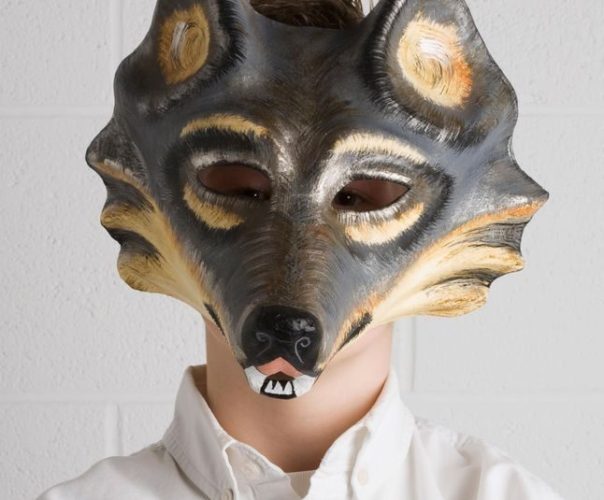A second Scottish council in Scotland has admitted that at least one pupil has been allowed to identify as an animal.

The council disclosed that “one or more [primary school] pupil(s)” had been recognised as having “species dysphoria”. This means they feel their body is part of the wrong species.
However, the council has been warned the condition has no scientific basis.
Furthermore, it was revealed last month that a secondary school pupil in another local authority area had been allowed to identify as a wolf.
However, Dunbartonshire-based clinical neuropsychologist Dr Tommy MacKay has said species dysphoria does not exist and children should be told to “snap out of it”.
Also, Chris McGovern, chairman of the Campaign for Real Education, said: “Schools should not be aiding and abetting a child’s mental health crisis.
“They need to get a grip and show some common sense and leadership. Pandering to what often amounts to mischievous behaviour is pointless and it undermines school discipline.”
In response to a Freedom of Information request, the latest council said at least one primary pupil had species dysphoria, with none identified in secondaries, but officials refused to disclose the animals involved.
A spokesman said: “We are unable to advise you what type of species dysphoria relates to the pupils as the number is less than five.
“To release the type of species dysphoria recorded would lead to identification of individuals.”
Also, the council said no guidance had been given to teachers about species dysphoria but “advice would be sought from educational psychologists if required.”
Documents seen by the Mail last month confirmed the first known case in Scotland where a school had recognised a pupil identifying as an animal – in this case a wolf.
Species Dysphoria
The council said a pupil had species dysphoria and is part of a group called “furries” who see their “animal persona” as a character.
Growing numbers of young people are taking on the persona of animals including foxes, birds and snakes.
Pupils have filmed themselves expressing their “real” animal selves, while others have posted guides to “coming out” as animals to their parents.
Furthermore, it also emerged earlier this year that TikTok groups were hosting meet-ups across the UK for those who identify as animals.
However, Dr MacKay insists there is “no such condition as species dysphoria.”
Also Read: Peter Obi Congratulates Newly Elected Minister Of Scotland
In addition, he said: “It’s not surprising we are seeing this in an age when many people want to identify as something other than who they are.”
The clinical neuropsychologist also insisted councils were wrong to accommodate pupils and the “common sense approach” would be to tell them to “snap out of it and get to grips with themselves”.
How Lucrative Is Fashion Designing?

